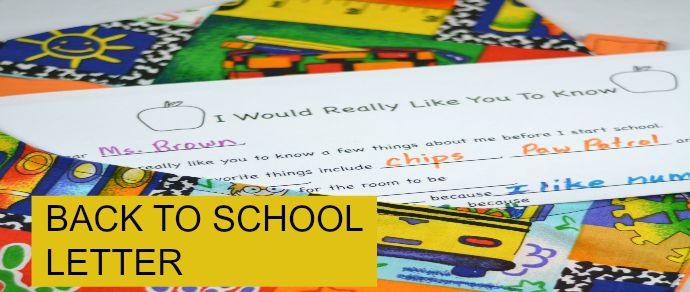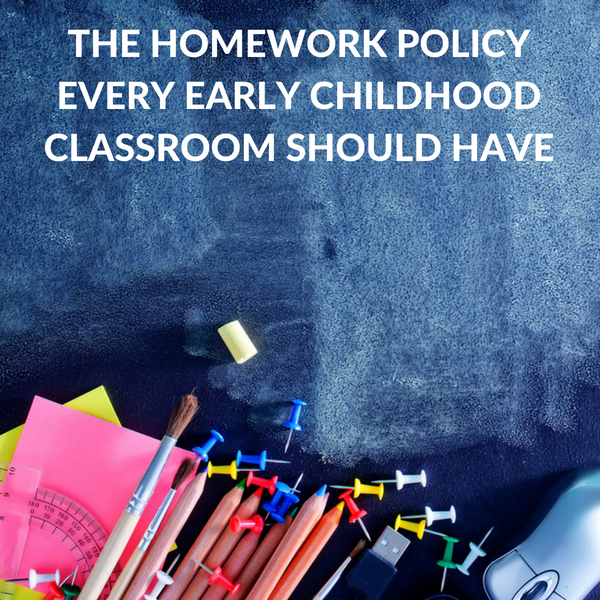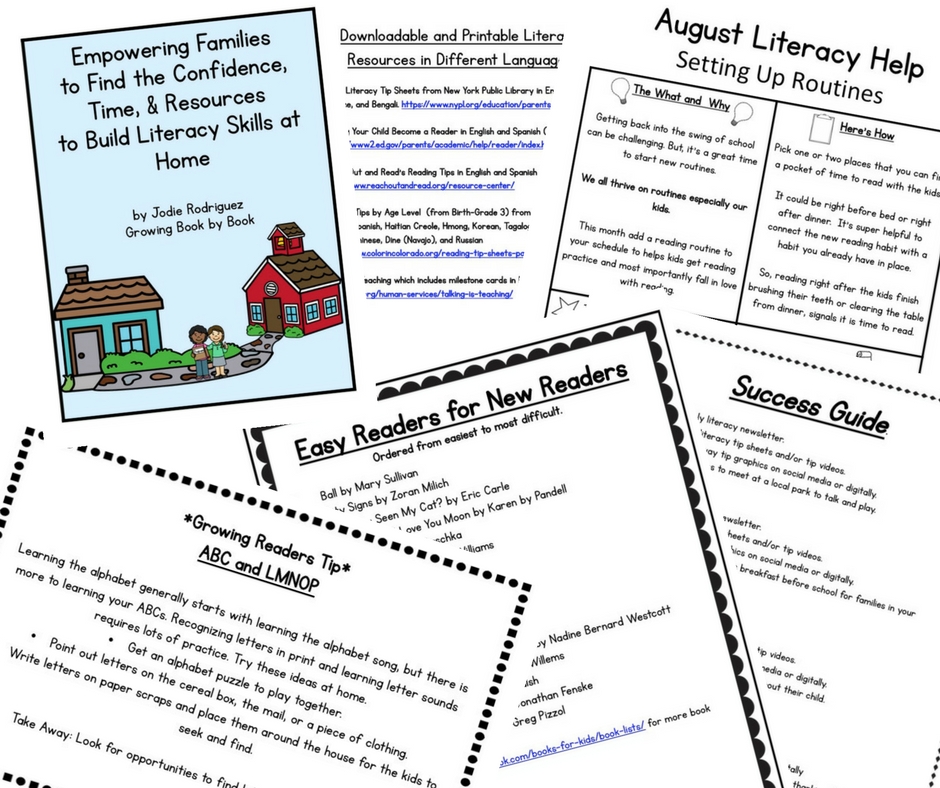How do you get parents involved in school? First, let’s think “family” instead of parents. When we shift our wording we shift our thinking to the whole unit vs fingerpointing at one person. Plus, many of our students are being raised by grandparents, aunts & uncles, or in a variety of other scenarios. So, let’s be inclusive.

Try these seven family involvement ideas to build a culture of a caring community working together to achieve big things.
How to Get Families Involved in School
#1: Reach Out Before the School Year Begins
Set the stage before the school year even begins. Contact families with a friendly welcome and invitation to share.
Do
- Send home a friendly welcoming postcard, note, email, phone call, video, or make a visit. If sending a correspondence include a down to earth picture of yourself doing something your families can relate to.
- Be positive and upbeat about looking forward to working with the family this year.
- Share how the family can reach out to you with questions or concerns or general feedback.
Don’t
- Send a list or rules and expectations.
- Require anything.
#2 Invite Students to Send You a Letter
After your initial contact in #1, invite each student to send you a letter. We often ask families what they want us to know about their child, but do we give the students a chance to answer?

Use this Back To School Letter to My Teacher template with families so that the students have a voice too.
Make sure to respond to each letter received.
You’ll be amazed at how these letters can help you create a community feel in your classroom and connect with students.
#3 Keep Lines of Communication Open and Ongoing
Reach out to families throughout the year not as the expert or the reporter but rather as a friendly partner in this gift of helping the students grow.
Offer numerous ways families can reach you and at different times during the day. I used to provide a refrigerator magnet to each family with my contact information and times they could reach me with questions or concerns. I never once had someone abuse it.
For every tough talk you need to have, make sure you have three celebratory contacts to balance it.
#4 Rethink Homework
What is the purpose of homework? Ultimately we want families to spend quality time together, talk together, and read together. Does your homework policy promote that?

I think every early childhood classroom should have THIS homework policy. (Just click the underlined text to see.)
Many educators like to use the Book Based Activity Calendars as “homework” for the school year. Plus, you won’t be standing at the copy machine each day running off homework for the night.
#5 Invite, Invite, Invite
We can’t make families do anything. But, we can invite them over and over again to try new things, to engage at home and school, and to share.

Think about what your families need and then design resources to help in a delivery method that works for those needs. I’ve put together videos, newsletters, and book lists you can share with families. Check out the Empowering Families Resources HERE.
#6 Plan Engaging Activities
If you have a family, you know how busy evenings can be. There are sports practices, grocery shopping, dinner to prep, baths, homework, and the list can go on and on. If we want families to schedule one more thing into their night, let’s make sure it is truly worth their time.
Plan activities that will engage and help families. If we want families to learn about a new reading initiative or practice, hold it at dinner time and feed the families. Now the family has the time because they don’t need to prep dinner for their family that night.
And, keep the activities family focused/family building. Teach through experience. Try some of these ideas.
- Family Reading Picnic
- Family Trunk or Treat (hand out books and treats)
- Family Book and Movie Night

For more family involvement night ideas, check our Tips for Planning a Successful Family Night.
These ideas build community, are fun, and have an educational component. Win, win, win.
#7 Be There to Help
I think we often want to blame or point the finger at what everyone else is not doing. We feel like we work so hard at school and then the parents (families) don’t do anything to help.
But, honestly, you don’t know what is going on behind closed doors. So you are really just making assumptions and finger-pointing. Stop complaining and blaming. It’s doesn’t do anyone any good.
Instead, ask yourself, “What can I do to help this family?” There will lie solutions that truly help families learn and grow.
Stay positive. Stay focused. Build a community of support that will make your school year feel like a true partnership of mutual respect.
I’m here to support you. If you need help connecting with families, reach out to me.

Leave a Reply